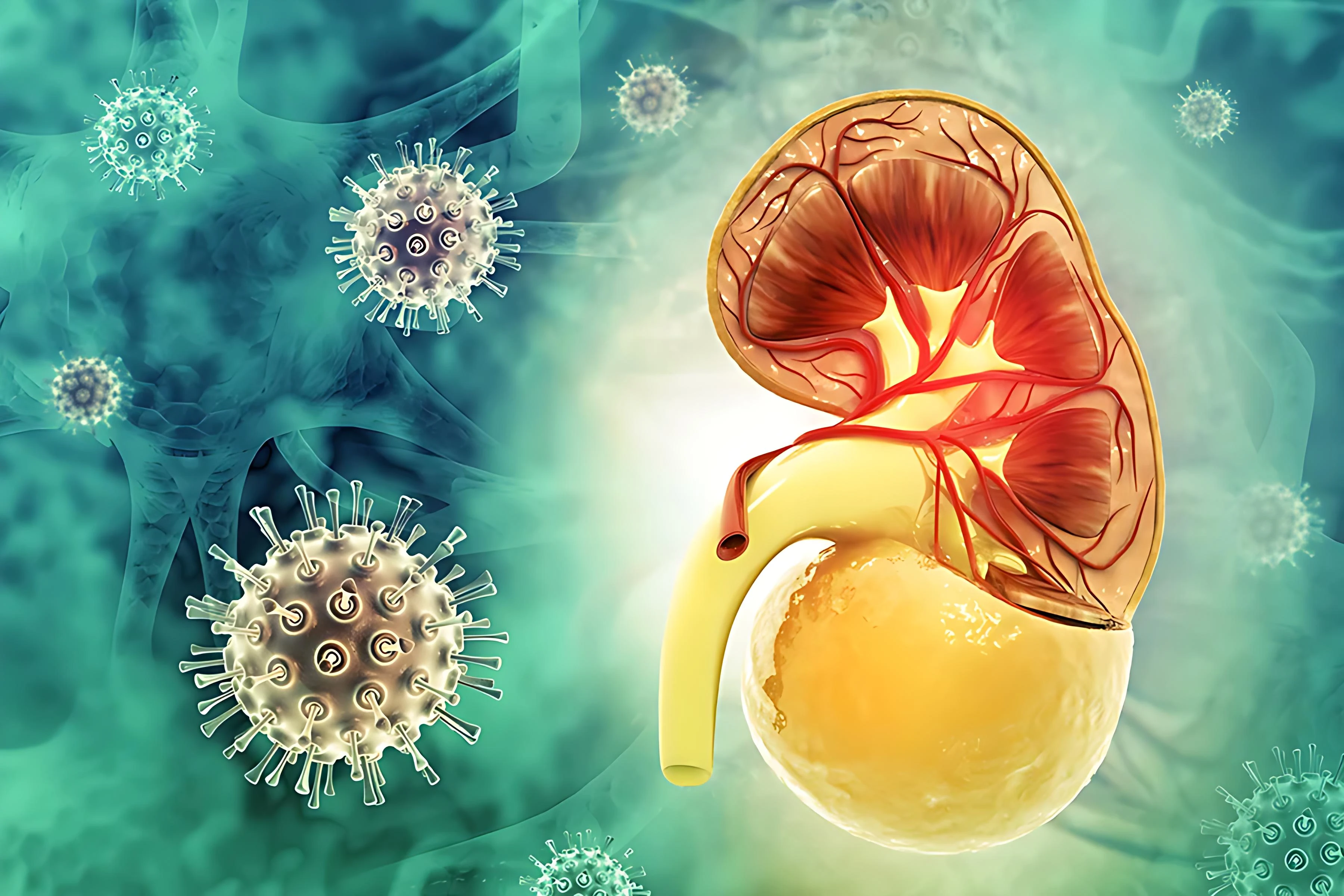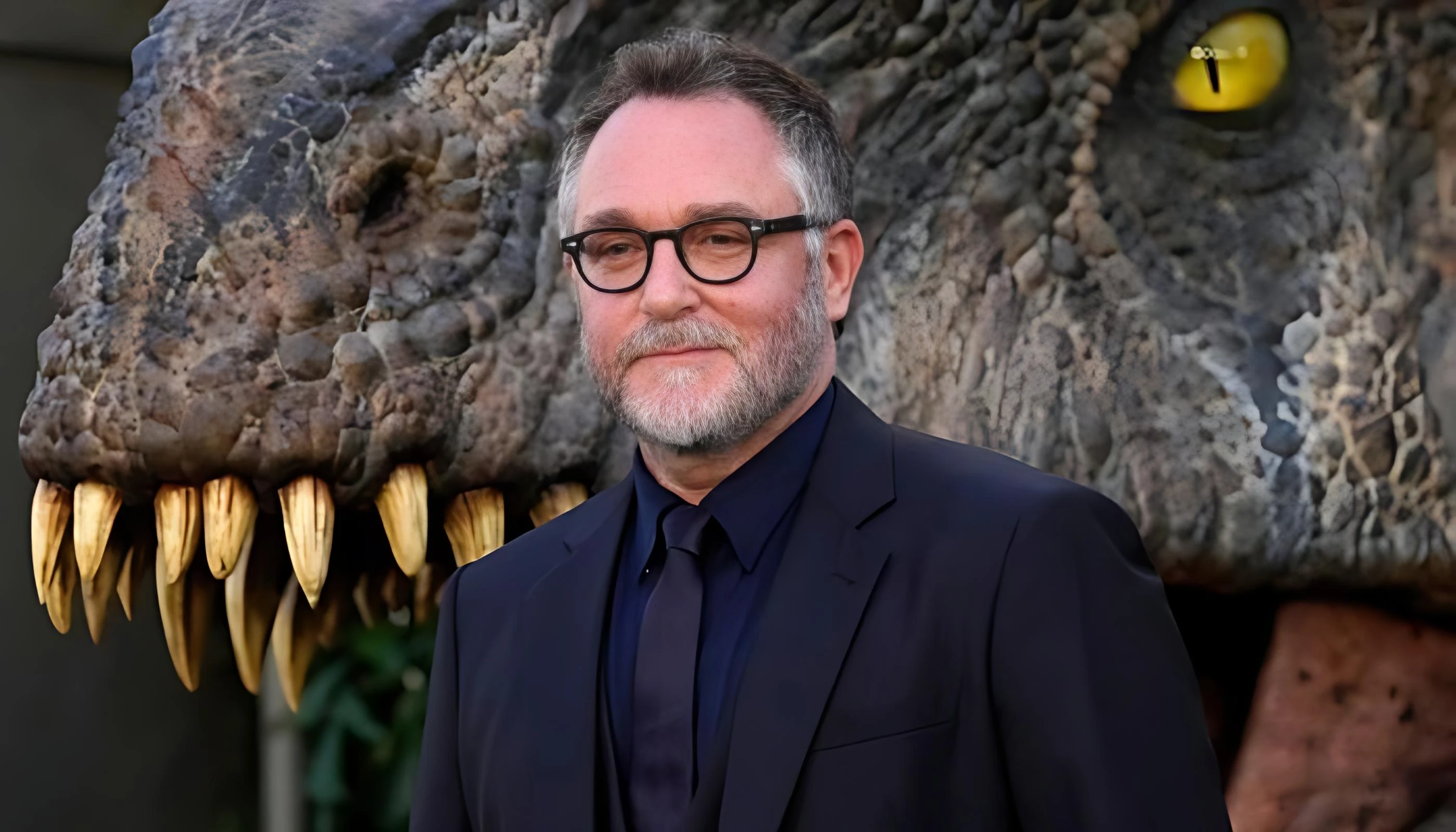Washington: A recent surge in autism awareness has sparked debate, with U.S. Federal Health Secretary Robert F. Kennedy Jr. claiming that autism is now an “epidemic” caused by environmental toxins.
Speaking at a press conference on April 16, 2025, Kennedy referenced a new CDC report showing that 1 in 36 children in the U.S. is diagnosed with autism, up from 1 in 44 in 2021.
However, medical experts are disputing these claims. Dr. David Cutler, a board-certified family medicine physician at Providence Saint John’s Health Center in California, said that the rise in diagnoses is not due to an actual spike in autism cases. Instead, it reflects expanded diagnostic criteria, improved early screening, and increased public awareness.
He explained that the DSM-5 redefined autism in 2013 to include a broader range of symptoms, which now captures more individuals, particularly those with milder traits.
Cutler also highlighted that greater outreach has led to better detection of historically underdiagnosed groups, such as females and racial minorities. Diagnostic substitution has also played a role, as children previously labeled with learning disabilities are now correctly identified as having autism.
In response to Kennedy’s suggestion that environmental toxins are the leading cause of autism, Cutler emphasized that genetics plays the most significant role. Large-scale studies, including twin research and family-based analyses, strongly support a hereditary link. Some environmental factors, like parental age or prenatal exposures, might influence risk, but they are not the primary cause.
Experts agree the rising numbers reflect progress, not panic. Autism is being better understood and diagnosed, not rapidly spreading.








